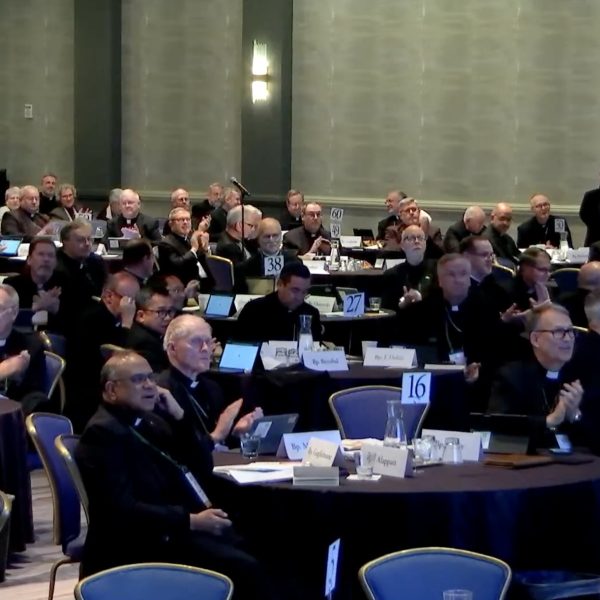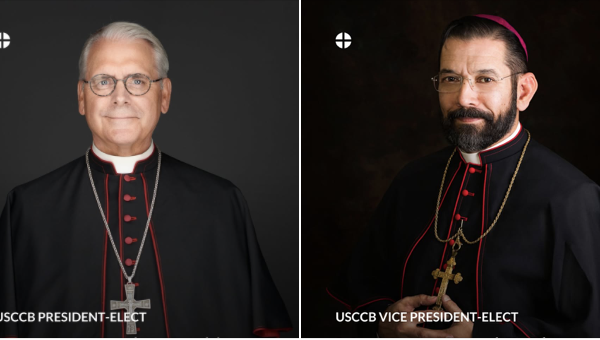By Cindy Wooden
ROME — The Council of Nicaea 1,700 years ago recognized that Christian unity had to be based on a common faith, said speakers at a Rome conference.
Yet as Christians mark the anniversary of the council, held in 325, they celebrate their common profession of the basics of faith in the Creed adopted at Nicaea while also continuing to experience division, said Paul L. Gavrilyuk, president of the International Orthodox Theological Association.
The association and the Institute for Ecumenical Studies of Rome’s Pontifical University of St. Thomas Aquinas organized the conference on June 4 to 7, with the support of the Vatican Dicastery for Promoting Christian Unity.
“Nicaea was a landmark exercise in collective truth-seeking and discernment with an enduring and universally significant dogmatic outcome enshrined in its famous creed,” said Gavrilyuk, of the University of St. Thomas in St. Paul, Minnesota.
The fact that Christians today continue to use the Nicene-Constantinopolitan Creed, not just liturgically but as a statement of orthodox Christian belief, means it is a continuing source of Christian unity, speakers said.
“The restoration of the unity of the Church requires agreement on the essential content of the Christian faith, not only among the churches and ecclesial communities of today, but also in continuity with the Church of tradition, and above all, with its apostolic origins,” said Cardinal Kurt Koch, prefect of the Dicastery for Promoting Christian Unity.
The Creed is “the strongest ecumenical bond of the Christian faith,” the cardinal said. “The Council of Nicaea took place at a time when Christianity had not yet been divided by so many subsequent schisms; its creed is therefore shared by all Christian Churches and ecclesial communities, uniting them in a common confession to this day. Its ecumenical importance cannot be underestimated.”
Orthodox Metropolitan Job of Pisidia, a theologian and co-chair of the Catholic-Orthodox theological dialogue, said the Council of Nicaea could serve as a model of Christian unity today because it determined the essential points of Christian faith while allowing differences on other matters.
“The Nicene Creed does not represent a confession of faith at a particular moment in the history of the Church but rather manifests the confession of faith that transcends the limits of time and space,” he said. It was introduced into the liturgy at the turn of the sixth century, “which shows how much this text became a universal confession of the faith confessed by the one Church, received from Christ through the Apostles and handed down by the Holy Fathers.”
Cardinal Koch said the celebration of the Nicaea anniversary also is an occasion to make a renewed commitment to synodality — shared listening, reflection and discernment — and for members of different Churches to learn from the synodal structures of each other’s Churches.









